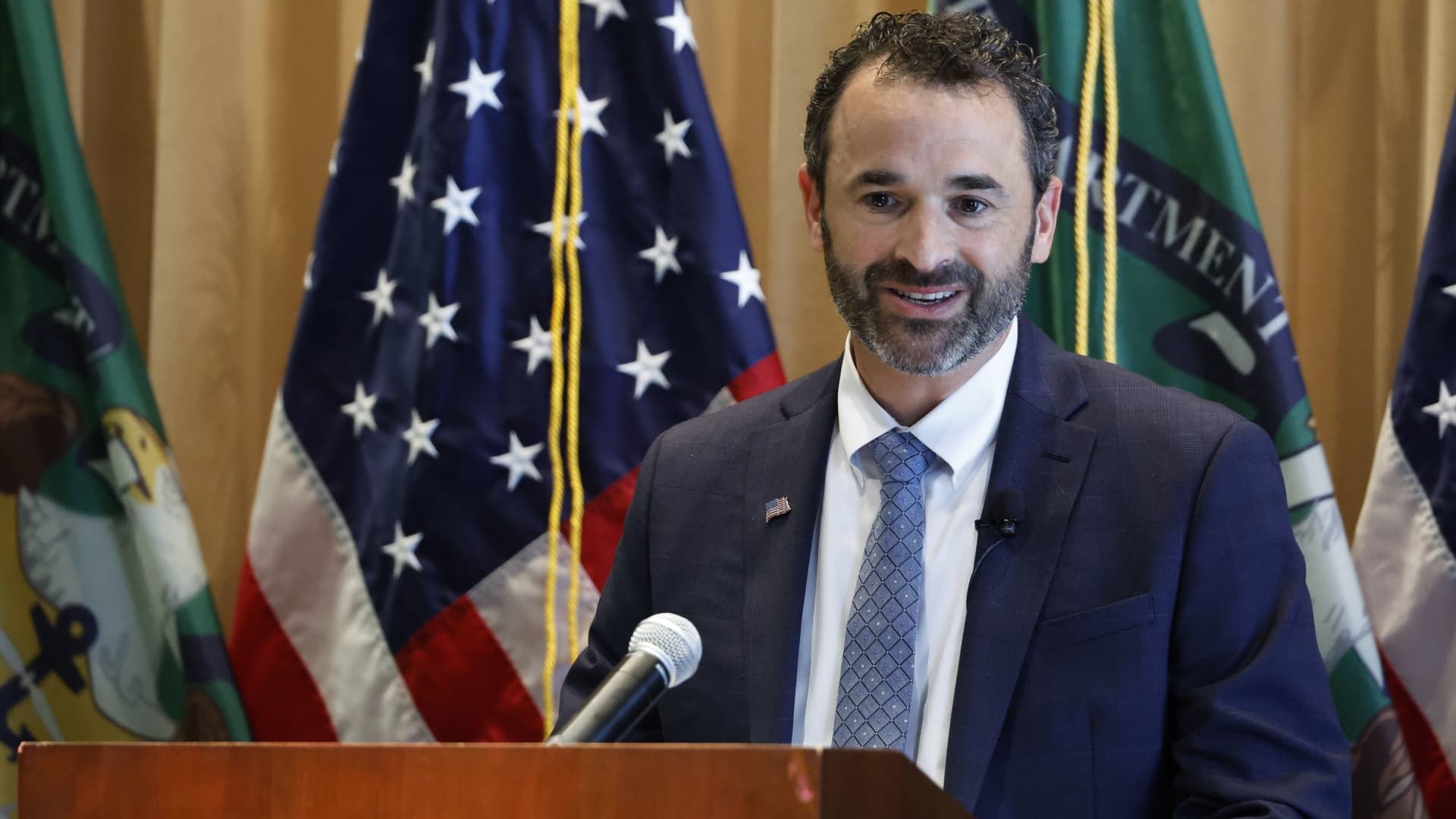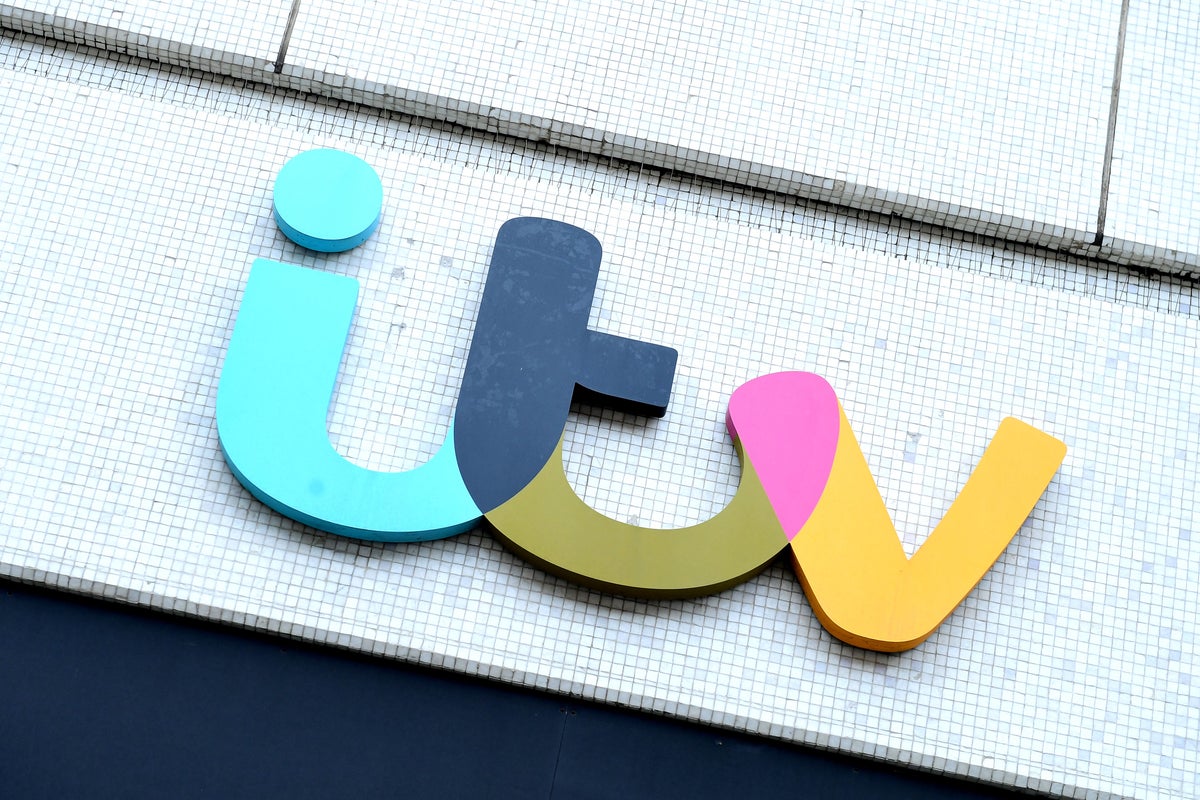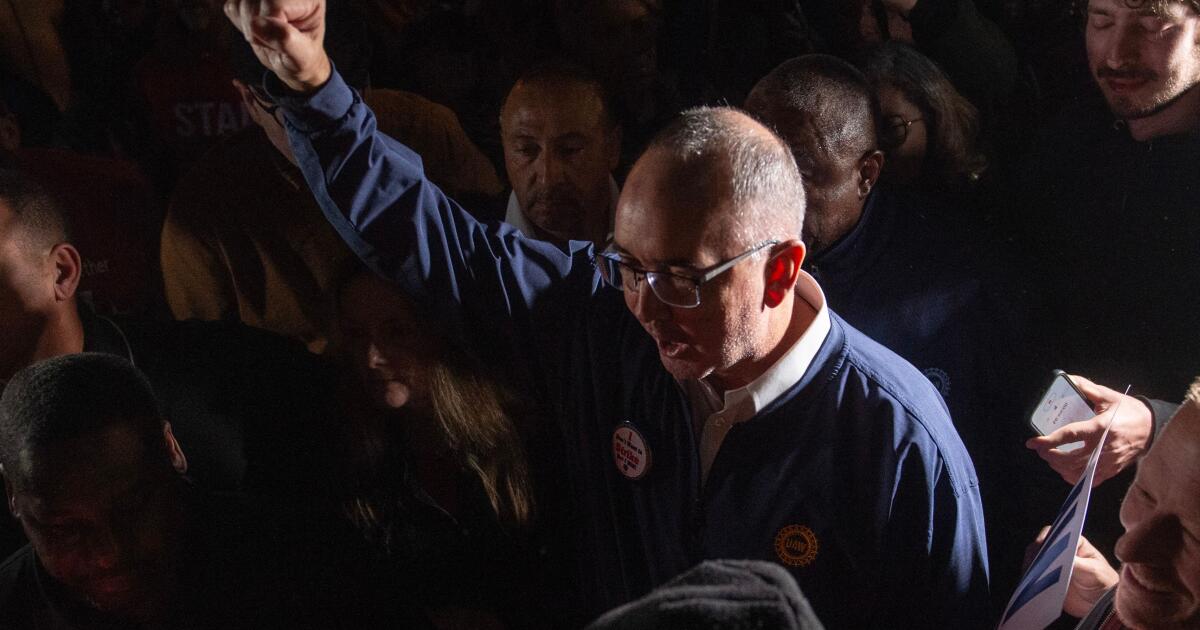The country's millionaires and billionaires are evading more than $150 billion a year in taxes, adding to growing government deficits and creating a “lack of fairness” in the tax system, according to the head of the Internal Revenue Service.
The IRS, with billions of dollars in new funding from Congress, has launched a sweeping campaign against wealthy taxpayers, corporations and big businesses. In an exclusive interview with CNBC, IRS Commissioner Danny Werfel said the agency has launched several programs targeting taxpayers with the most complex returns to root out tax evasion and ensure every taxpayer contributes their fair share.
“When I look at what we call our tax gap, which is the amount of money owed versus what is paid, the millionaires and billionaires who don't file their returns or [are] “The lack of information on their income accounts for $150 billion of our fiscal deficit,” said Werfel. “There is much work to be done”.
Werfel said underfunding at the IRS for years deprived the agency of the staff, technology and resources needed to fund audits, especially the more complicated and sophisticated returns, which require more resources. Audits of taxpayers earning more than $1 million a year fell more than 80% over the past decade, while the number of taxpayers earning $1 million increased by 50%, according to IRS statistics.
“For complex filings, it became increasingly difficult for us to determine what the balancing agreement was,” he said. “We have to make investments to ensure that whether it's a complicated filer who can afford to hire an army of lawyers and accountants, or a simpler filer who has a single income and takes the standard deduction, the IRS is equally capable to determine what we are owed. That is a fairer system.
Some Republicans in Congress have stepped up their criticism of the IRS and its expanded enforcement efforts. They say the wave of new audits will burden small businesses with unnecessary bureaucracy and years of fruitless investigations and will not increase promised revenue.
The Inflation Reduction Act gave the IRS an $80 billion injection, but congressional Republicans reached a deal last year to claw back $20 billion of the funding. Now they are pushing for more cuts.
The Treasury Department said last week that it estimates increased IRS enforcement will result in an additional $561 billion in tax revenue between 2024 and 2034, a higher projection than it had initially stated. The IRS says that for every additional dollar spent on enforcement, the agency collects about $6 in revenue.
The IRS is touting its early success with a program to collect unpaid taxes from millionaires. The agency identified 1,600 millionaire taxpayers who have not paid at least $250,000 each in assessed taxes. So far, the IRS has collected more than $480 billion from the group, “and we're still going to do it,” Werfel said.
Internal Revenue Service (IRS) Commissioner Danny Werfel speaks after being sworn in at IRS headquarters in Washington, DC, U.S., Tuesday, April 4, 2023.
Ting Shen | Bloomberg | fake images
On Wednesday, the agency announced a program to audit private jet owners, who may be using their planes for personal travel and not properly accounting for their trips or taxes. Werfel said the agency has begun using public databases of private jet flights and analytics tools to better identify tax returns most likely to be evaded. It is launching dozens of audits on companies and associations that own aircraft, which could then lead to audits of wealthy people.
Werfel said that for some companies and owners the tax deduction for corporate jets can run into “tens of millions of dollars.”
Another area that Werfel said is potentially rife with evasion is limited partnerships, adding that many wealthy people have been transferring their income to business entities to avoid income taxes.
“What we started to see was certain taxpayers claiming limited partnerships when it wasn't fair,” he said. “They basically protected their income under the guise of a limited partnership.”
The IRS has launched the Large Partnership Compliance program, which examines some of the largest and most complicated partnership returns. Werfel said the IRS has already initiated examinations of 76 partnerships, including hedge funds, real estate investment partnerships and large law firms.
Werfel said the agency is using artificial intelligence as part of the program and others to better identify returns that are likely to contain evasion or errors. AI not only helps find evasion, but also helps avoid audits of taxpayers who follow the rules.
“Imagine all the audits presented to us on a table,” he said. “What AI does is allow us to put on night vision goggles. What those night vision goggles allow us to do is be more accurate in determining where a high-risk person is.” [return] is and how low the risk is, and that benefits everyone.










